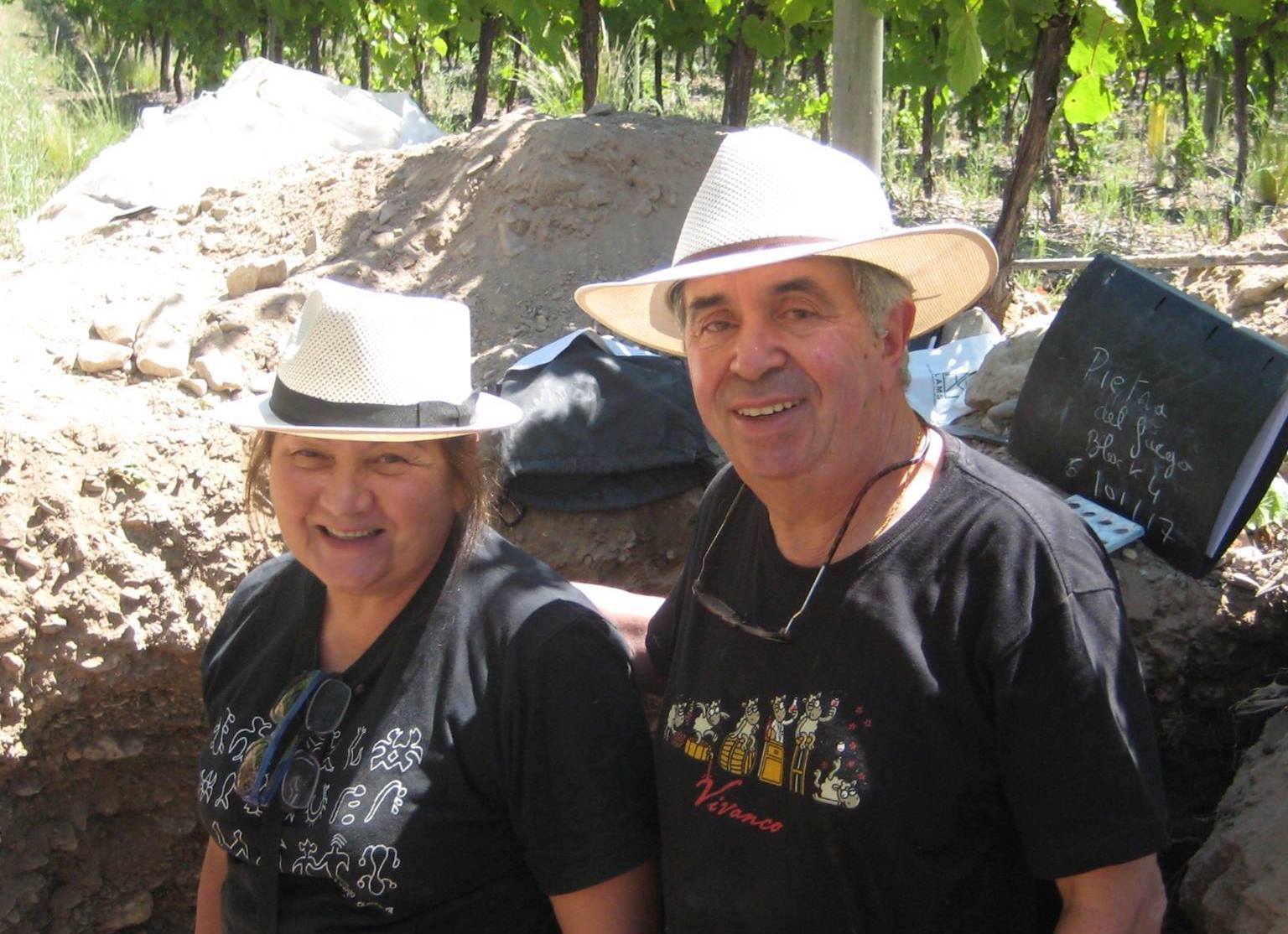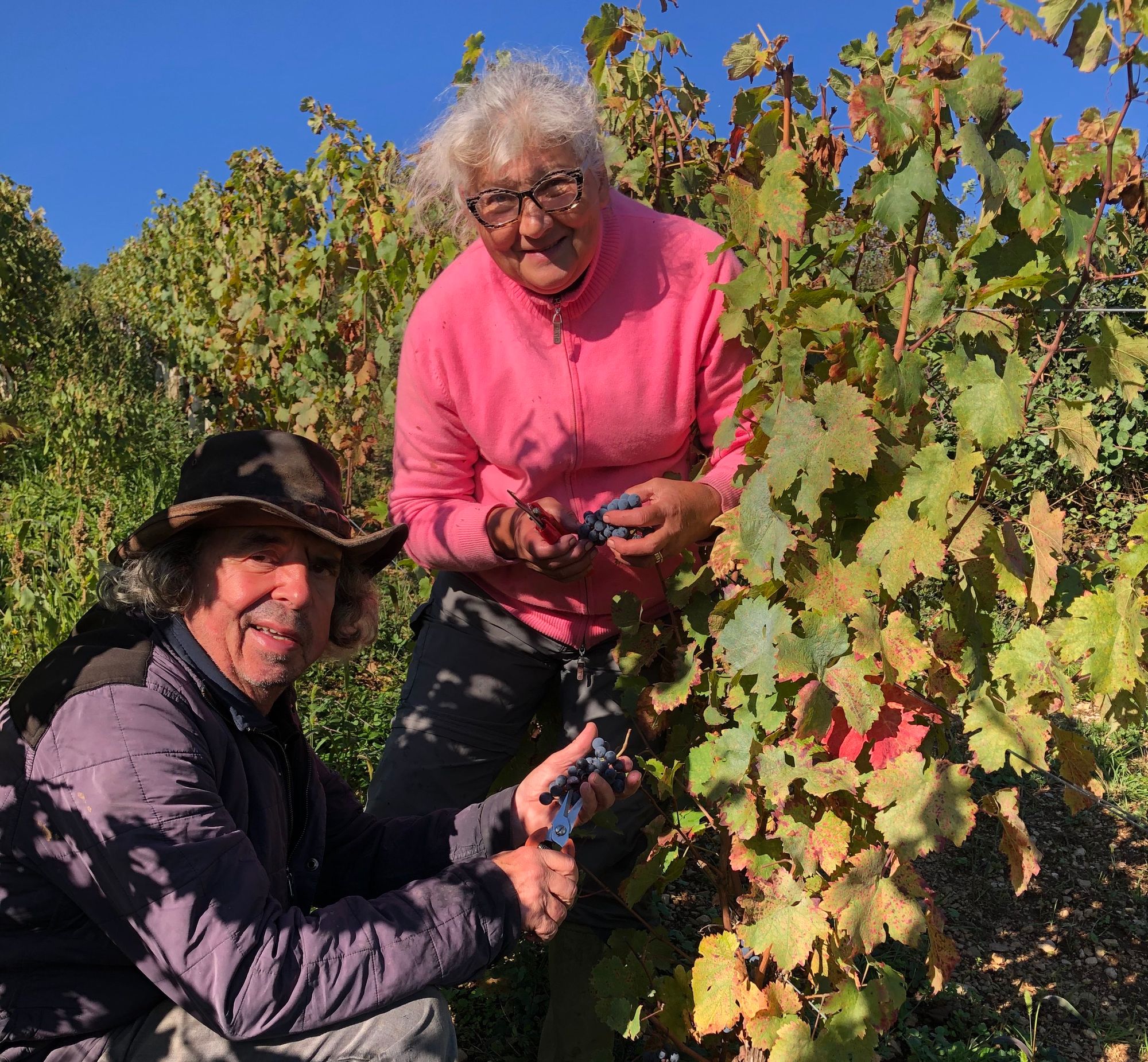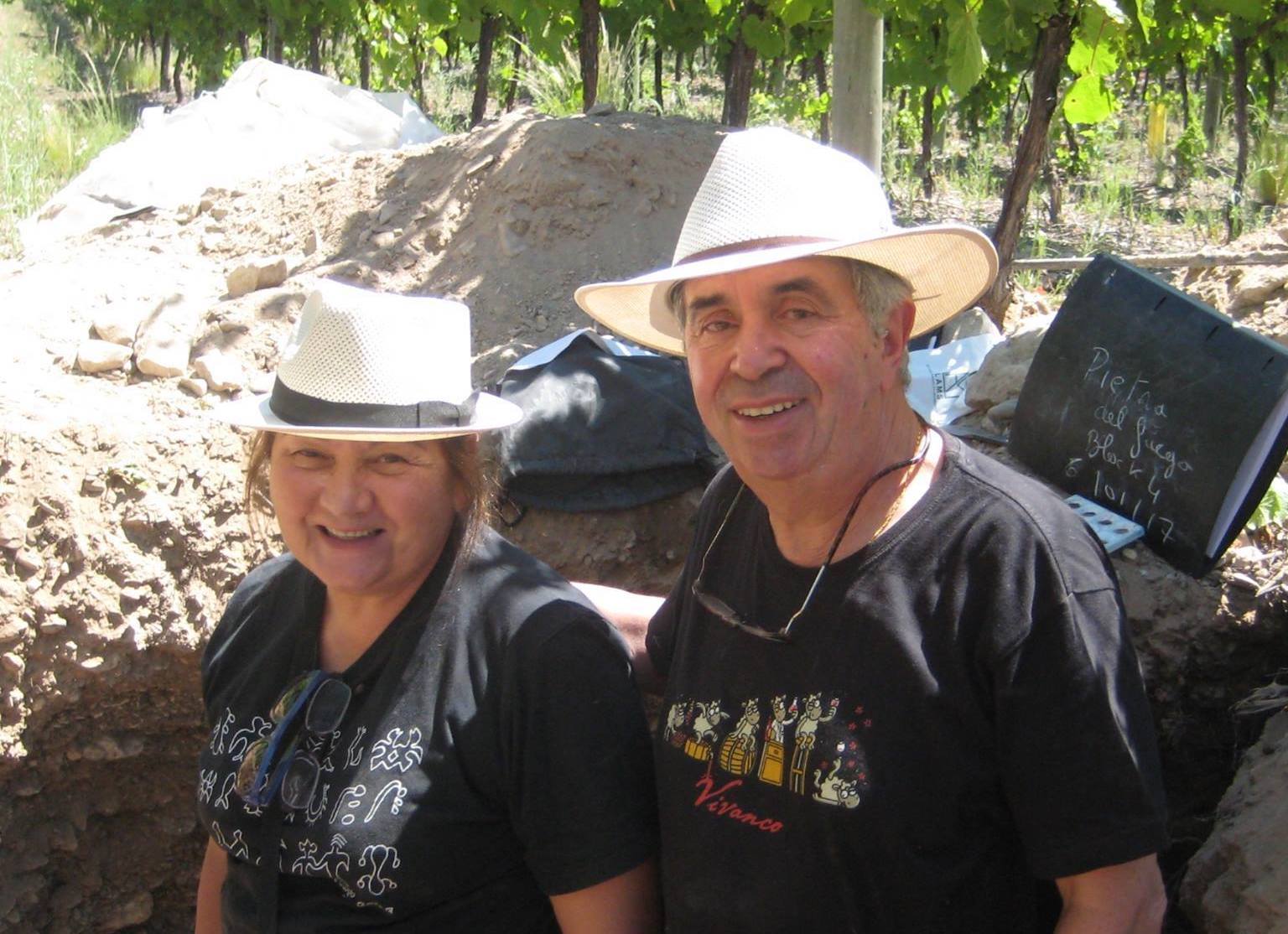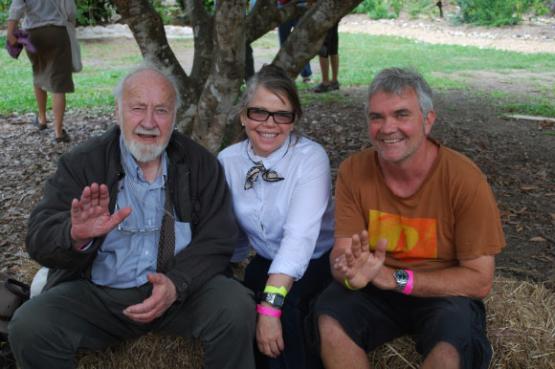
ALIVE! Meet Claude and Lydia Bourguignon - terroir experts
3 min read
Claude and Lydia Bourguignon are soil microbiologists who travel the world advising winemakers on soil and terroir. At Alive! they will be discussing why soil life is critical to terroir, using their work in Chile as a case study.

Why do you think the importance of a healthy soil is so misunderstood?
Claude: "It is probably due to the fact that agroindustry pursues viticulture and the farmer to use a lot of fertilizer, a lot of pesticides. They consider soil just a support for the plant. You have the idea that you are winemaker and have chemicals and that's enough - you just work in your winery and you don't care about your soil. You have a pure physical and chemical approach to the soil and you are unable to understand what occurs inside.
So that's what Lydia and I have been doing for 35 years - to demonstrate that soil is a living system and without life in the soil it's impossible to produce a wine of terroir, because it is the microbes that will give food to the roots. If we rely on fertilizer, then you produce a cépage wine not a terroir wine. It is the soil that produces wine.
Across the world we have seen incredible wineries where they have spent millions on the winery and when we go onto the soil it is dead. It’s stupidity to have a fantastic winery and dead soil - for us it’s totally ridiculous."
"It’s stupidity to have a fantastic winery and dead soil"
What do you look for in a vineyard?
Claude: "We don't like deep soil - these are not well adapted for producing a good wine because it’s too rich. You have a dilution of the minerality and the wine is not so good. We prefer a rocky soil. It's very important the roots can go deep and have contact with rocks and minerals - then you have more minerality in your wine."
What are common problems?
Lydia: "Compaction of the soil by big machines is a huge problem. People think when you have a lot of rock it is necessary to break and crush this rock. This is very bad for roots and for wine."
Claude: "When you have a high compaction in the soil then the roots stay on the top soil. So we have horizontal roots - no more deep roots because there is no more oxygen in the soil. It is compacted and the water can't go down. We have no more soil fauna. Then we know that the wine will need a lot of work in winery because the soil is unable to give minerality to the wine. In the winery we are able to use a lot of chemicals to improve the quality of the wine but in this case it is a wine of cépage not a wine of terroir.
The problem that we observe in Argentina, Chile, California or Australia is that they use too much water for irrigation so you have only top roots and not deep roots. The winemakers don't realize that if the vines have deep roots, they don't need a lot of water. And we observe a lot of nematode problems when they use too much irrigation - they destroy the roots."
What do you find in a healthy soil?
Claude: "In a living soil in only one gram you have between one billion or two billion of bacteria, millions of fungi and fauna. In a good soil you can have between 3-4 billion Collembolus per hectare, for example. The same for Acaris. The biomass of the soil is 80% of the world’s biomass. Just the worms are more heavy than all animals of the world."
Where do you stand on biodynamics?
Claude: "What we observe with biodynamics is an increase of biological activity on the soil. Specifically in the deep soil, where you have the best relation between the rocks and roots. We don't find any difference of biological activity between organic and biodynamic topsoil - it is more in deep soil. We have not found another system to increase the biological activity of deep soil. We find more biological activity, more shiny leaves, better orientation of the leaves - we don’t know why. There is no scientific explanation. For us it’s not matter, it’s just energy. But it's impossible to make biodynamics when you have 200 hectares."
Lydia: "Yes - biodynamics needs a lot of people. It’s impossible with just one person on five to 10 hectares."
To find out more, join Claude & Lydia for their talk at Alive! on Monday, 6 December. Buy your tickets now!



